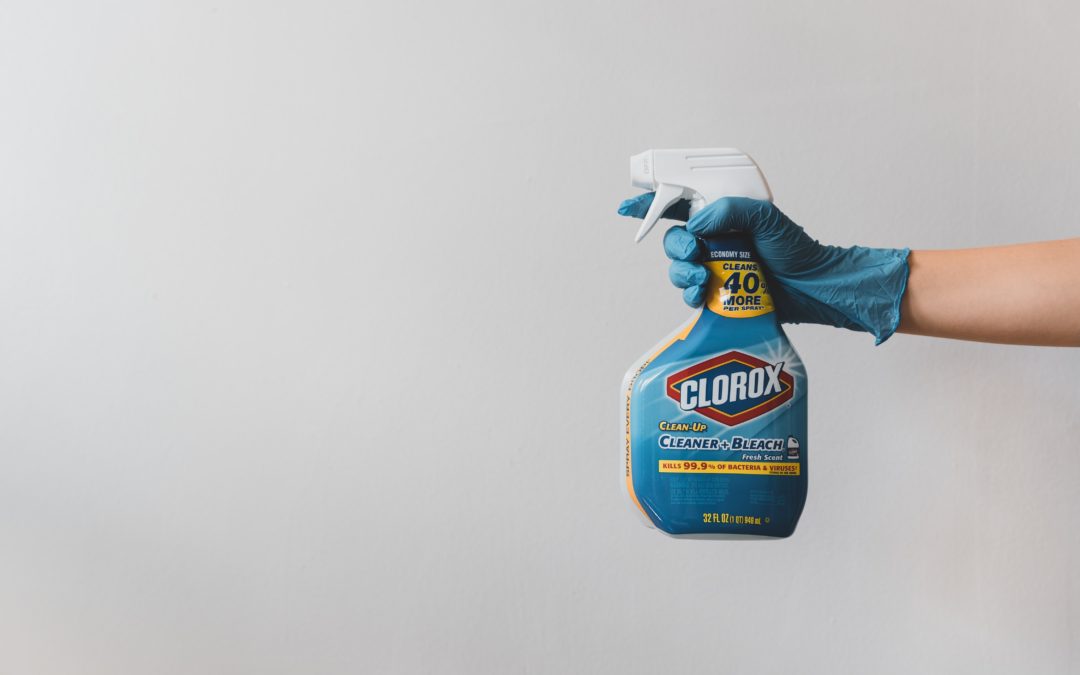Guide to Handling Bleaches and Other Chemicals during the Pandemic
Bleaches and other types of chemical-based disinfectants are in demand during the pandemic. Even until now, as the new normal ingrained the habit of frequent cleaning in us. Many of us may have been vaccinated already, but we can’t risk another outbreak to happen. As such, strong disinfectants became a new essential in every home and business establishment.
If you want to profit off this trend, don’t start until you actually know what you’re venturing into. Manufacturing bleaches and other chemicals puts your health at risk. The material is also susceptible to leaking and spilling, creating safety hazards all over your workplace.
It will be costly to deal with health problems and injuries in your workers. They won’t be minor cases, after all. Constant unprotected chemical exposure warrants a serious respiratory infection, while slips and falls can result in long-term disability.
So here are your crucial pointers for handling bleaches and other chemicals for viruses:
Refer to EPA-approved Products
If you’re creating a new brand, check out the U.S. Environmental Protection Agency’s list of approved disinfectant products. That will give you an idea of the chemical ingredients to use. Check out the popular brands in the market as well to get a glimpse of your potential competitors.
Disinfectants aren’t supposed to be useful against the COVID-19 virus only. It should also killcold, flu, and other disease-causing viruses,including canine parvovirus, which is notorious for killing puppies. If you’d market to people with pets, they’d definitely need a disinfectant potent enough to kill that menace.
Note that disinfectants are distinct from other cleaning products. Disinfectants kill germs, while ordinary household cleaning products only remove them. Hence, avoid claiming that your disinfectant brand works as a cleaner, too. In fact, according to the Centers for Disease Control and Prevention (CDC), disinfectants should only be used on surfaces that have already been cleaned.
Personal Protective Equipment (PPE) is Mandatory in Your Workplace
During the pandemic, PPE has been mainly associated with healthcare facilities. But PPE is also essential in other industries, including production and manufacturing.
But the PPE you need in your workplace isn’t the same as those worn by healthcare workers. Your PPE should meet industry standards, or you could be fined. For the handling of chemicals, your workers may need one of the four types of PPE:
- Level D Protection: Level D PPE are the most basic work uniform for chemical handlers. It’s composed of coveralls, safety footwear, gloves, and disposable protection suits. However, they can’t be worn if there are skin and respiratory hazards in your workplace.
- Level C Protection: This type of PPE is for facilities with airborne chemicals and substances. It includes the garments in Level D PPE, plus an air-purifying respirator. But skin and eye protection aren’t necessary for routine use.
- Level B Protection: You can settle for Level B Protection if your workplace isn’t threatened by skin and eye irritants. But your workers still need full-body protection, particularly chemical-resistant types.
- Level A Protection: This is the PPE type that offers the highest level of protection. Its ensemble of clothing includes an air respirator or a self-contained breathing apparatus, protective suit with full encapsulation, inner and outer safety gloves, and steel toe footwear (can be worn over or under suit boots).
Perform a complete hazard assessment of your workplace before deciding on a type of PPE to require. Train your workers on the proper usage of PPE as well; they’ll only receive its full protection when they wear it correctly.
Leaks and Spills May Result in Serious Health Issues
Since you’ll be handling liquid chemicals, you need storage equipment that prevent leaks and spills. They will protect your workers from dangerous exposure to chlorine gas, a chemical found in cleaning materials such as chlorine bleach.
Your chemicals should be secured in drum containers, and held atop high-grade chemical containment palletsfrom a reliable supplier such as TRADE ENVIRONMENTAL PTY LTD. The pallets protect the drums from slipping, so that the hazardous chemical inside them won’t cause safety and health risks.
Chemical handling is extremely serious in the production industry. Even low levels of exposure to them can cause respiratory diseases, especially if it’s often experienced. When workers suddenly breathe in airborne substances, they can develop acute pneumonitis. In time, if they continue ingesting chemicals, their acute pneumonitis can progress into long-term chronic pneumonitis, which may cause respiratory failure and death.
Health and safety are two of the most sensitive matters you’ll deal with in making disinfectant products. Develop an excellent plan for those factors first, ensuring that you’ve considered every single aspect in your business that affect health and safety. After that, then you may start your creating your marketing plan and commencing your operations.


Recent Comments